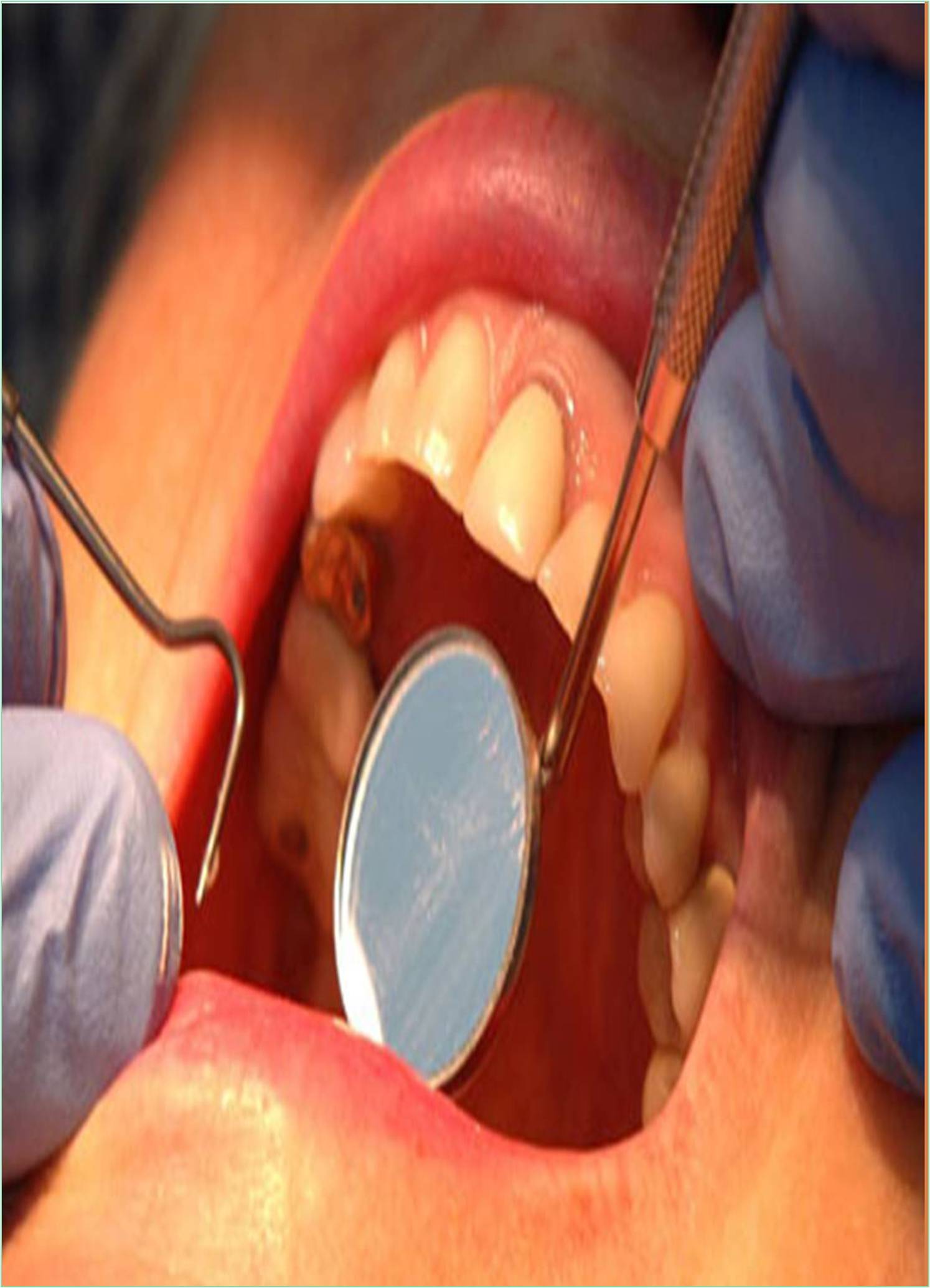



Received: 07-Feb-2022, Manuscript No. GJDOH-22-58892; Editor assigned: 10-Feb-2022, Pre QC No. GJDOH-22-58892 (PQ); Reviewed: 24-Feb-2022, QC No. GJDOH-22-58892; Revised: 02-Mar-2022, Manuscript No. GJDOH-22-58892 (R); Published: 09-Mar-2022, DOI: 10.15651/2449-1918.22.9.003
Oral health refers to the health of the teeth, gums, and the entire oral-facial system that allows us to smile, speak, and chew.
Oral health might contribute to various diseases and conditions, including
Endocarditis
This infection of the inner layer of the heart chamber or valve (endocardium) usually occurs when bacteria or other microbes from another part of the body, such as the heart, spread through the bloodstream and attach to certain areas in the heart.
Cardiovascular Disease
Poor oral health poses a risk of heart disease. If the gums become inflamed due to the bacteria that cause periodontal disease, those same bacteria can actually enter the bloodstream and the arteries can build up plaque and harden. This hardening of the arteries is called atherosclerosis and is very serious. It causes cardiovascular disease and heart obstruction, increasing the likelihood of having heart attack. Damage to arteries and blood vessels can lead to high blood pressure and increase the risk of stroke.
Fortunately, regular tooth cleaning and proper oral hygiene can prevent periodontal disease. This reduces the risk of developing cardiovascular disease and keeps the smile healthy and strong.
Pregnancy and Birth Complications
Periodontitis may lead to premature birth and newly born babies with underweight.
Dementia
Poor oral health can have an effect on the mind. Substances which can be released from gums inflamed by infection can kill brain cells and result in loss of memory. Dementia and probably even Alzheimer`s disorder can be the end result from gingivitis whilst the microorganism inside the mouth spreads to the nerve channels or enters the bloodstream.
Respiratory Infections
Poor oral health can cause respiratory distress. Bacteria in the mouth from infected teeth and swollen gums can be inhaled into the lungs and reach there through the bloodstream. Once there, the bacteria can lead to respiratory infections, pneumonia, acute bronchitis, and even COPD.
Cancer
Obviously, poor oral hygiene habits such as smoking and the use of tobacco products can lead to mouth and throat cancer, but other cancers are also associated with periodontal disease. The risk of kidney, pancreatic, and blood cancers is much higher in people with poor oral health.
Some of the most common diseases that impact oral health include
Diabetes
Diabetes puts the gums at risk by reducing the body’s resistance to infection. Periodontal disease appears to be more common and severe in diabetics.
Studies show that people with periodontal disease have a hard time controlling their blood sugar levels. Regular periodontal treatment can improve diabetes control.
HIV/AIDS
People who have HIV/AIDS can commonly experience oral problems, such as painful mucosal lesions.
Osteoporosis
This bone debilitating disease is associated with periodontal and tooth loss. Certain medications used to treat osteoporosis have a low risk of damaging the jawbone.
Alzheimer’s Disease
As Alzheimer’s disease progresses, oral health deteriorates. Other conditions that may be associated with oral health include eating disorders, rheumatoid arthritis, certain types of cancer, and immune system disorders that cause dry mouth (Sjogren’s syndrome).
Always bring to the notice of dentist about the medications that have taken and about changes in overall health, especially when recently been ill or have a chronic condition, such as diabetes.